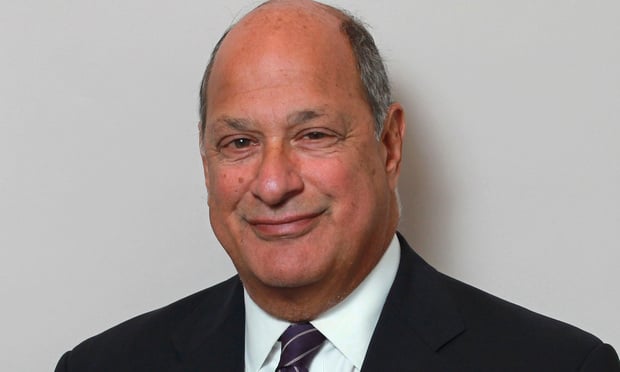This article is not about what impact there may be to a conviction if a juror lies during voir dire or in response to a juror questionnaire, and is discovered. It’s about the duty of a lawyer who believes that the juror has lied and who strategizes to sit on the lie that demonstrates that the juror is biased against the criminal defendant—the lawyer intending to disclose it only if the verdict goes against his client.
Indeed, the possibility of lawyers learning in real time that a juror during voir dire is lying has significantly increased in recent years—the Internet and especially social media easily unveil what was previously totally private. Jurors, like everyone, typically don’t even realize how they themselves put their conduct and words “out there” in a way that can ultimately lead to litigating lawyers learning about them as soon as they arrive for jury duty. While a legal team’s capacity to “research” jurors may not be as accessible as is depicted in TV’s “Bull” (if only those guys were actually available), skilled lawyers and their teams are able to do things not previously possible.


 Joel Cohen
Joel Cohen




